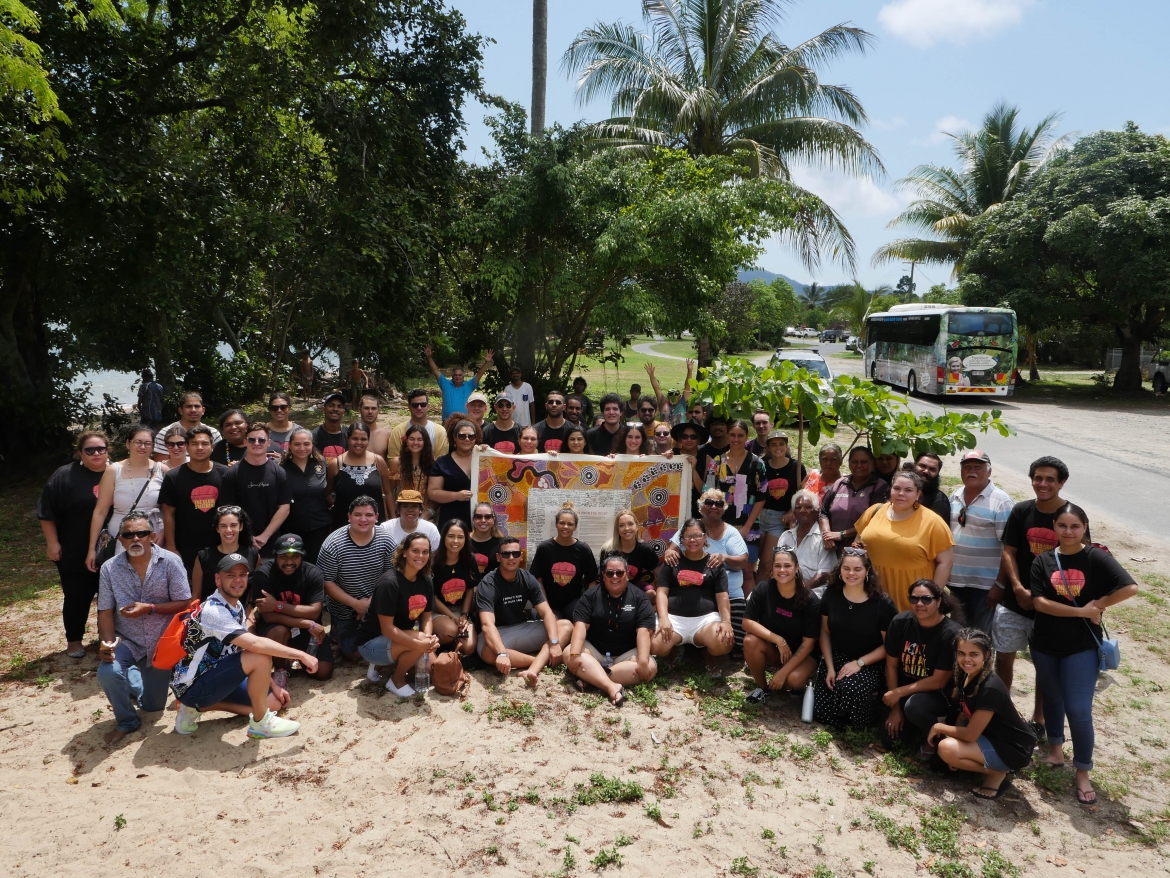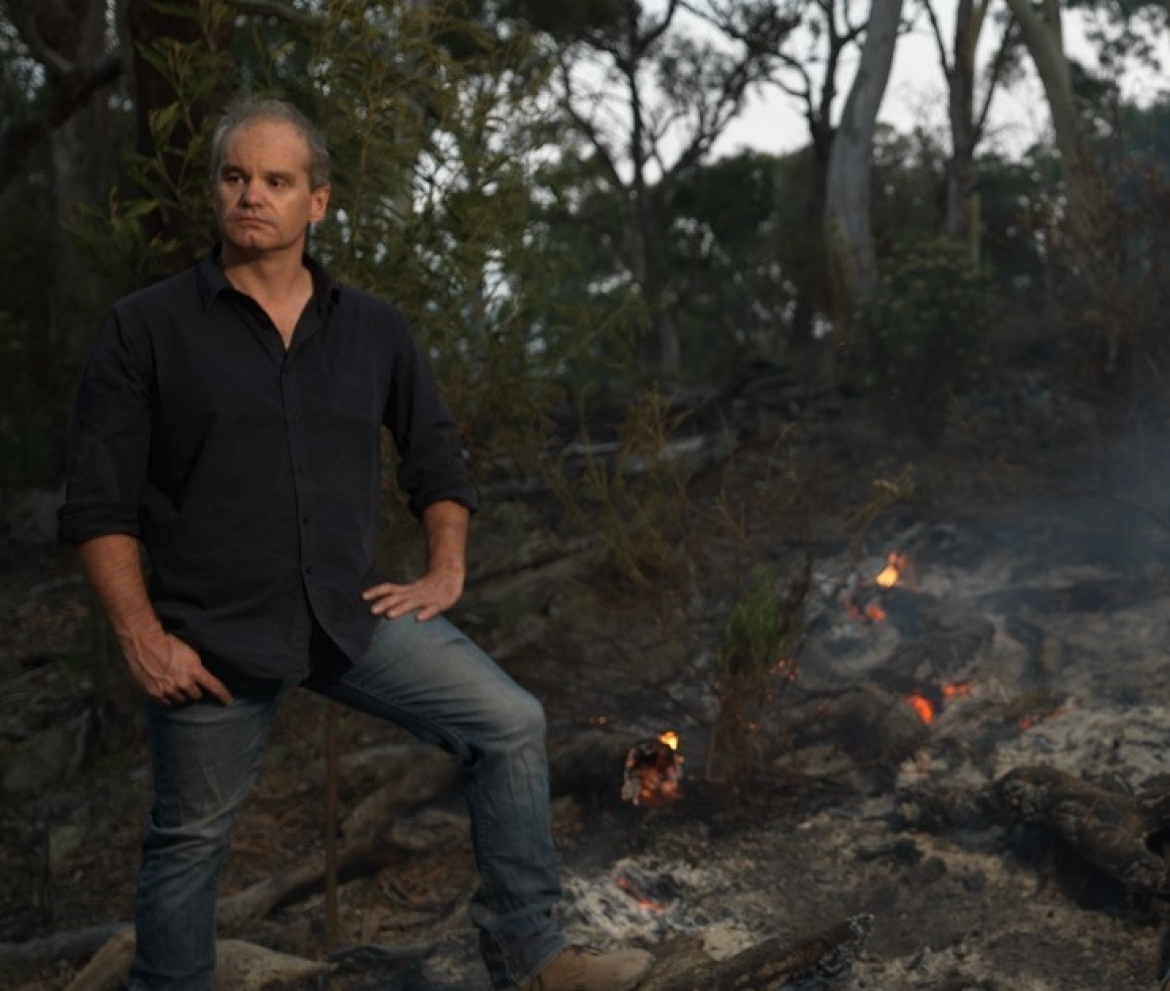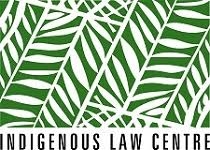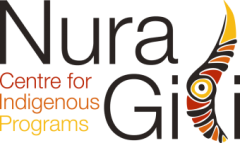UNSW is home to many leading Aboriginal and Torres Strait Islander scholars, researchers and lecturers. In the disciplines of law, medicine, education, mathematics and many more, our Indigenous researchers are making an impact for communities in Australia and the around the globe.
UNSW offers an exciting research environment in which Aboriginal and Torres Strait Islander researchers and research are supported to thrive. From established researchers who are already making an impact to new Higher Degree by Research (HDR) candidates, UNSW is the perfect place to start your research journey.



